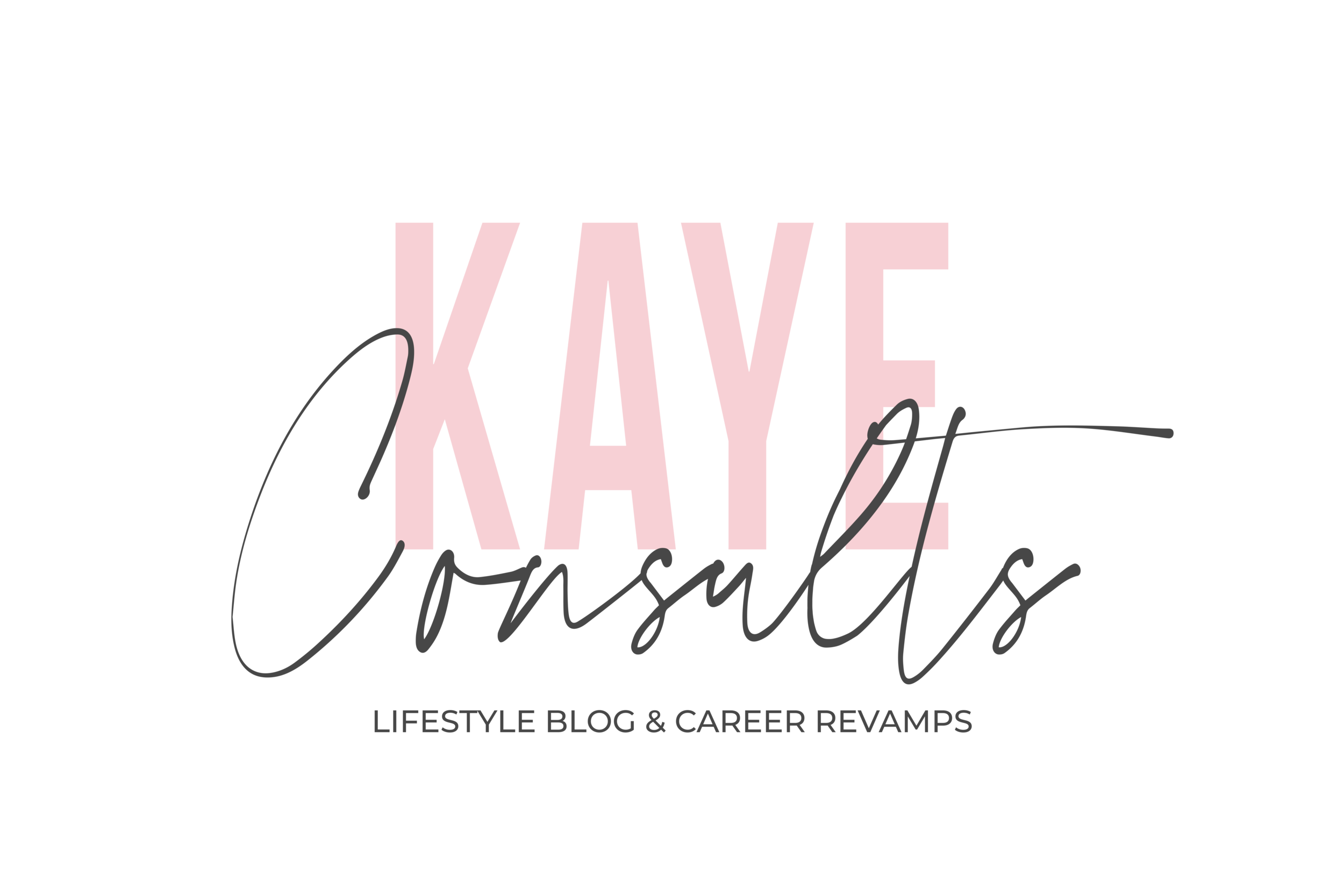Everyone Has Mental Health
By: Marissa Mullins, Licensed Professional Counselor
Caring for your mental health is just as important as caring for your physical health. It affects how we socialize with others, feel about ourselves, how we feel emotionally, how we react to our emotions, and our overall psychological state. Not to be confused with mental illness, which encompasses a wide range of disorders that should only be diagnosed by a licensed mental health professional. Like mental health, there is nothing wrong with having a mental illness if you do have a current diagnosis or if you are diagnosed in the future. Having a mental illness requires individuals with a diagnosis or diagnoses to navigate life in other ways to maintain a certain level of functioning.
Self-Care:
Self- Care is one of the best ways I have found to manage my mental health. This can be any activity you choose to participate in that helps you care for your mental and/or physical health.
Examples:
· Working out
· Meditation/Prayer
· Spending time with healthy supportive contacts (i.e. family, friends)
· Saying “No” and establishing boundaries with others
· Dancing
· The list goes on…
So, what can you do if self-care is not enough? There are licensed mental health professionals that can provide an array of therapies and/or medications to assist you on your mental health journey. If you are thinking about seeking professional help, it can be a nerve wracking but rewarding experience. Finding a clinician/practitioner may take some time as it is like any other relationship. It will require some vulnerability and openness to feedback. Every clinician is different, and it is okay to move on to someone else if you do not feel like it is a good fit after a few sessions. Keep in mind that these clinicians are trained to provide therapy for multiple concerns/life issues. You do not have to have a diagnosis to seek the help of a professional. I began seeing my counselor due to stress from my job at the time and she provided a safe space for me to discuss/process my stress until I was able to find a job that better suited my needs. I continue to see my counselor once a month for check-ins and see her as a part of my team of healthcare professionals. Similar to how I see my personal trainer weekly, PCP annually, dentist bi-annually, eye doctor annually, etc.
Mental Health Professionals:
· Counseling/Therapy with a licensed mental health professional
o Licensed Psychologist
o Licensed Professional Counselor
o Licensed Clinical Social Worker
o Licensed Marriage and Family Therapist
· Medication prescribed by a medical doctor/practitioner
o Psychiatrist
o Psychiatric Nurse Practitioner
Cost:
How much will seeing a mental health professional cost you? The answer varies, but there are several ways to have your services funded:
· Utilizing benefits through your insurance plan (if applicable)
· Utilizing benefits through your company’s Employee Assistance Program (EAP) – if applicable
· Contacting a counselor and asking about their sliding scale rates
o These rates are based on income
· Contacting a counselor and inquiring about pro-bono services
· Online platforms
o These tend to be a percentage of the cost of in-person services
**If you or someone you know is ever at risk of harming themselves or anyone else, please call 911 or the suicide prevention hotline 1-800-273-8255
*The information, products, materials, resources, services, and documents on this site are not intended to be a substitute for legal, financial, professional medical, or mental health advice, diagnosis, or treatment. Reliance on the information or the documents contained on this site is solely at your own risk and discretion.
Resources:
Magellan Health Insights (2018, May 23), Mental Health Vs Mental Illness. Retrieved from https://magellanhealthinsights.com/2018/05/23/mental-health-vs-mental-illness/
National Suicide Prevention Lifeline. Retrieved from https://suicidepreventionlifeline.org

